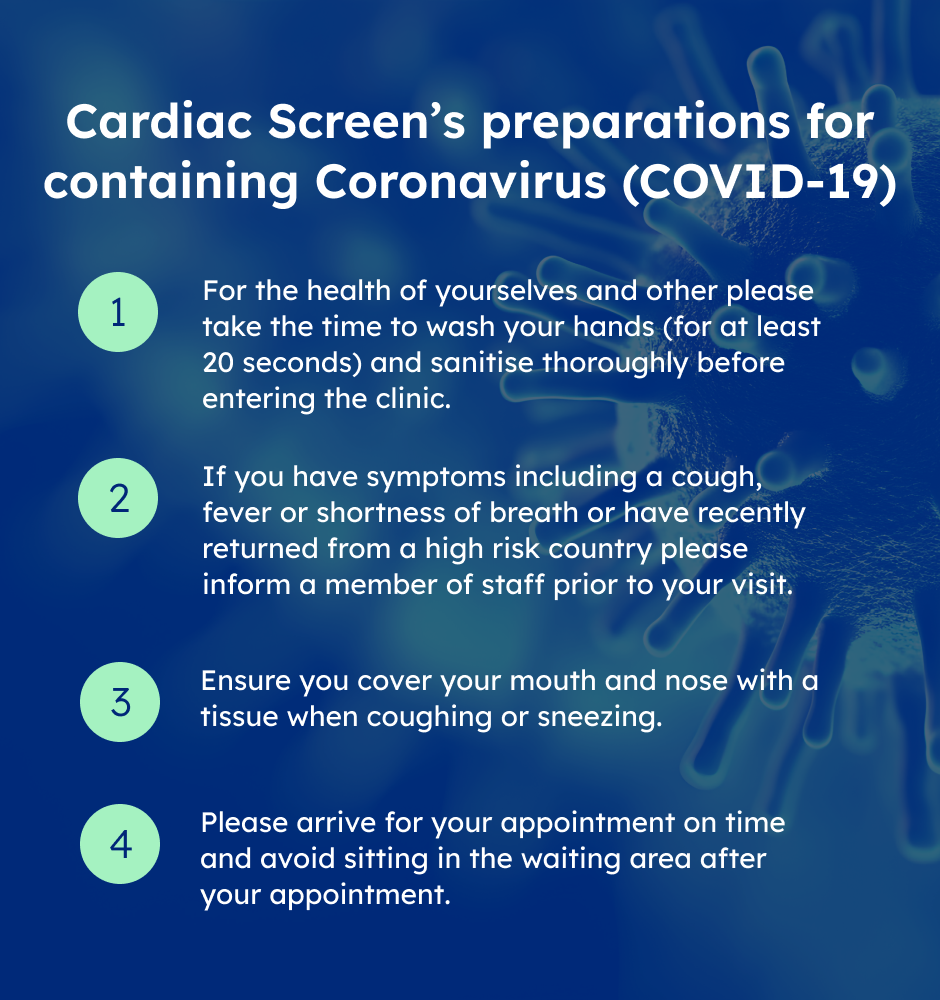Please click here to view Cardiac Screen's preparations for containing Corona Virus
Balppa House, 57-61 Newington Causeway, London SE1 6BD
MRI Scan
Meet Our Medical Specialists
A cardiac MRI is used to diagnose a wide range of heart conditions. These include coronary heart disease, congenital heart disease (in children and adults), inherited heart conditions (such as hypertrophic cardiomyopathy or dilated cardiomyopathy), inflammatory heart disease (myocarditis, pericarditis), heart valve disease and cardiac tumours.
There is increasingly strong evidence that cardiac MRI is very good for complex cases and for diagnosing conditions where other tests have been equivocal. It provides high-resolution images and can give very accurate measurements of the heart. It is also very safe and does not involve ionising radiation, which is particularly important as some patients, need multiple scans over time.
We know from research that cardiac MRI is a more reliable diagnostic test than some traditional tests. So it can be a very cost-effective test. It also gives good information about the severity of a particular heart condition and helps identify how the person is likely to do in the future. This can help with planning medical or surgical treatments.
What are the risks around MRI scans?
Mainly around implanted devices and metalwork. The magnetic field of MRI scanners pulls on magnetic materials and might cause unwanted movements of some medical devices. That’s why it’s important to tell us about any metal objects in your body. If you’re not sure, we can do an X-ray to check.
There are potential risks around the contrast agent (dye) that is sometimes used, but this is only if you have kidney problems, as your kidneys need to remove the dye from your body. So you’ll have a blood test for kidney function before the scan. We typically reduce the dose or avoid it altogether in patients who have severe kidney problems.
What does an MRI scan involve?
The scanner is a large machine with a hole in the middle. You will lie down on a table and go inside the scanner. It can be a bit noisy, so we give patients headphones and they can listen to music while they are inside. You can even bring your own music to listen. You will usually be asked to hold your breath several times during the test, so images can be taken while your chest is still.
The scan could be as short as 15 minutes or up to an hour, depending on the type of problem being addressed.
Who will do my MRI scan?
All of our cardiac MRI scans our performed by Professor Amedeo Chiribiri who is the Director of Cardiac MRI at King’s College London.















